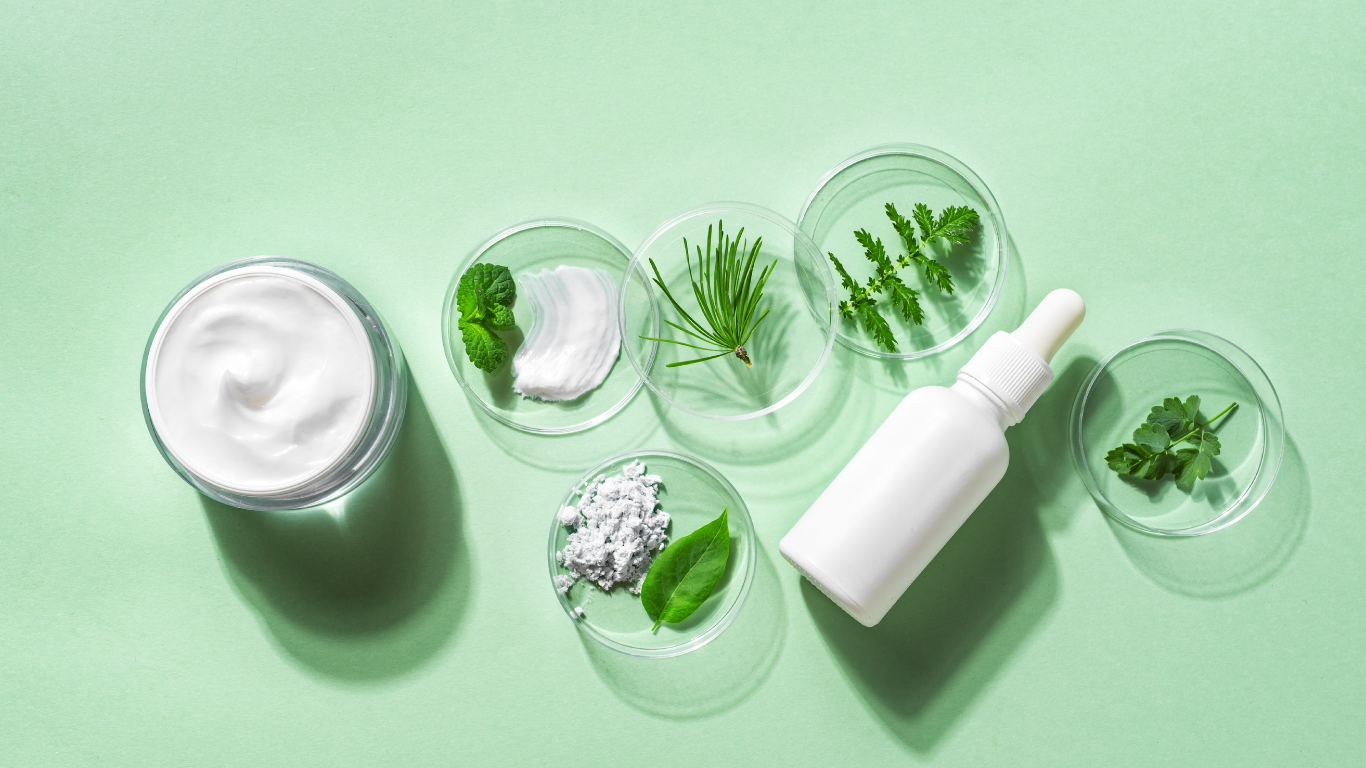Organic products, often spelled “ỏganic” in some contexts, refer to goods produced without synthetic pesticides, fertilizers, or genetically modified organisms (GMOs). The organic movement has grown tremendously over the past few decades, driven by an increasing awareness of health, environmental sustainability, and animal welfare. This comprehensive guide will help you understand the key aspects of organic living, including what organic means, its benefits, misconceptions, and how to incorporate it into your lifestyle.
What Does “ỏganic” Really Mean?
At its core, organic refers to agricultural practices that emphasize natural processes and biodiversity. Organic farming avoids synthetic chemicals and focuses on techniques like crop rotation, composting, and natural pest management to maintain soil health and promote ecological balance. For livestock, organic standards require animals to be raised on organic feed without antibiotics or growth hormones and give them access to the outdoors.
This distinction between organic and conventional products is crucial for consumers looking to make healthier and environmentally friendly choices. Organic certification, such as USDA Organic in the U.S., ensures that strict guidelines are followed throughout the farming and production process.
Benefits of Choosing ỏganic Products
- Healthier Choices: Organic foods are grown without synthetic pesticides, reducing your exposure to harmful chemicals. Studies have shown that organic produce often contains higher levels of antioxidants and other essential nutrients compared to conventionally grown counterparts. Additionally, organic meats and dairy come from animals that haven’t been treated with growth hormones or antibiotics, which can make organic options healthier for consumers.
- Better Taste and Quality: Many consumers believe that organic produce tastes better. This is because organic fruits and vegetables typically have higher sugar and mineral content, which enhances their natural flavors. Since they are grown naturally and harvested at peak ripeness, the freshness is more pronounced.
- Environmental Sustainability: Organic farming practices are better for the environment. They help reduce pollution, conserve water, improve soil fertility, and encourage biodiversity. By avoiding harmful chemicals, organic farms create safer habitats for surrounding wildlife and people living near farms.
- Ethical Considerations: Organic farming often aligns with ethical values regarding animal welfare and environmental responsibility. Livestock raised organically are treated more humanely, with access to the outdoors and organic feed, contributing to a more ethical food system.
Misconceptions About ỏganic Products
While organic products are beneficial in many ways, several misconceptions persist:
- “Organic means pesticide-free”: While organic farming avoids synthetic pesticides, it may still use natural pesticides. These are typically less harmful than their synthetic counterparts but still require proper management.
- “Organic is always healthier”: Organic products are generally free from harmful chemicals, but being labeled as organic doesn’t automatically make a product healthier. For example, organic snacks can still be high in sugar or fat.
- “Organic food has a shorter shelf life”: Organic food, when stored properly, can last just as long as conventional products. The belief that it spoils faster is often tied to improper storage rather than the absence of preservatives.
Incorporating ỏganic Into Your Life
Transitioning to an organic lifestyle doesn’t have to be overwhelming. Here are some practical tips:
- Start Small: Begin by purchasing organic versions of staple foods, such as fruits, vegetables, and dairy. Produce like apples, strawberries, and spinach are known for having higher pesticide residues, making them top priorities for organic purchases.
- Explore Local Options: Visit farmer’s markets or join community-supported agriculture (CSA) programs to access fresh, seasonal, and locally grown organic produce. This not only supports local farmers but can also be more cost-effective.
- Grow Your Own Food: If space permits, try growing your own organic herbs, vegetables, or fruits at home. Even starting with small plants like tomatoes or herbs can help you engage with organic practices.
- Read Labels Carefully: Look for certified organic labels such as USDA Organic. Be cautious of terms like “natural” or “sustainable” as they don’t guarantee the same standards as organic.
- Transition Gradually: You don’t have to replace everything at once. Start with a few organic products, and as you get more comfortable and find affordable options, incorporate more into your diet and lifestyle.
The Future of ỏganic Farming
The demand for organic products continues to rise, driven by consumer awareness of health, sustainability, and ethical concerns. The organic industry faces challenges, including maintaining certification standards and overcoming misconceptions, but it’s likely to keep growing due to technological advances and policy support. Innovations in organic farming, such as precision agriculture and sustainable pest management, will play a crucial role in increasing the productivity and affordability of organic foods in the future.
Conclusion: Why ỏganic Matters
Choosing ỏganic is more than just a dietary choice—it’s a commitment to better health, sustainability, and ethical practices. By understanding the benefits, distinguishing between misconceptions, and gradually incorporating organic products into your lifestyle, you can contribute to a healthier planet while enhancing your own well-being. As the organic movement continues to grow, consumers have more opportunities than ever to make informed choices that benefit both themselves and the environment.
By embracing organic practices and products, you’re not just eating healthier; you’re supporting a sustainable food system that prioritizes the long-term health of our planet.




